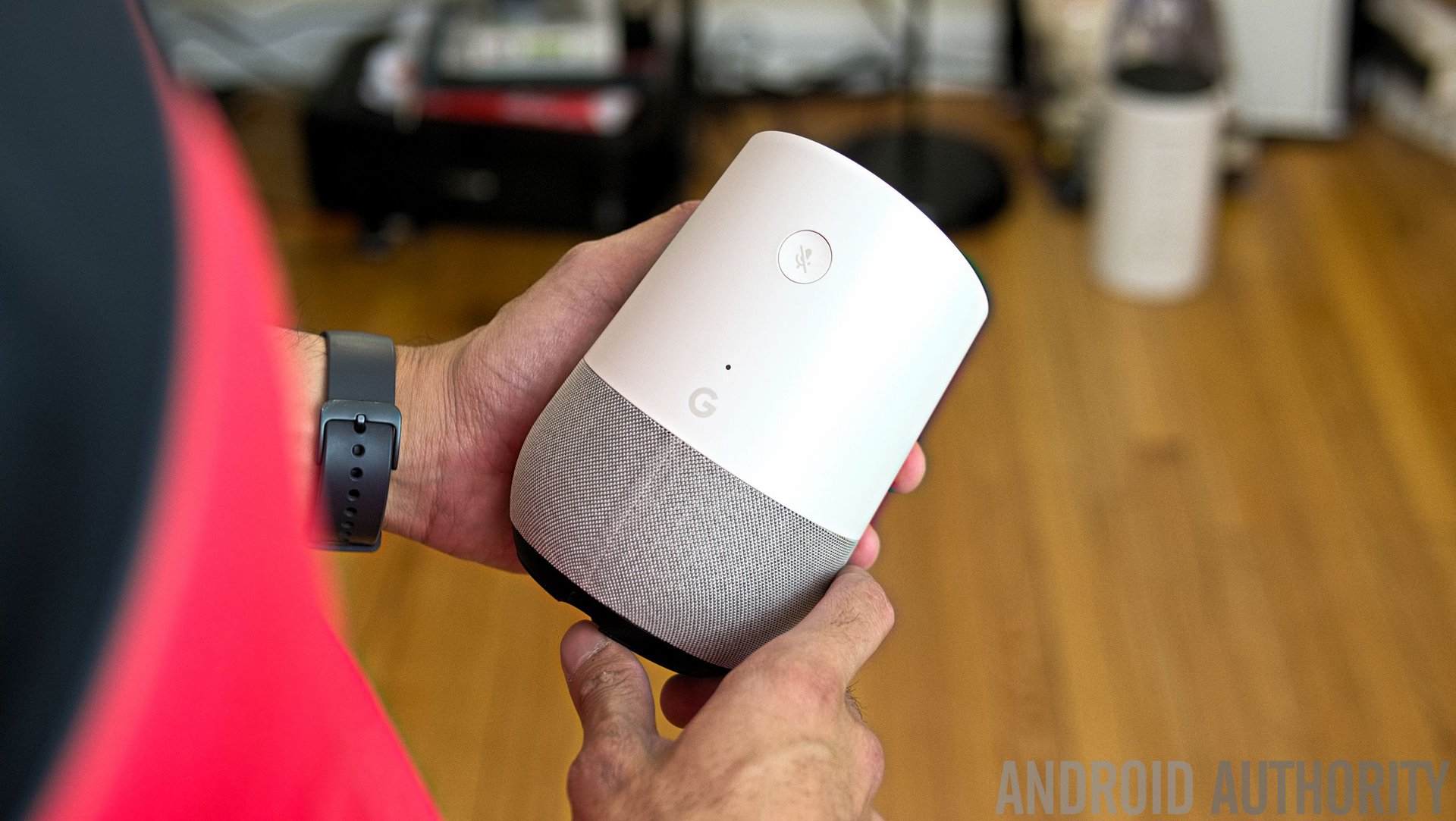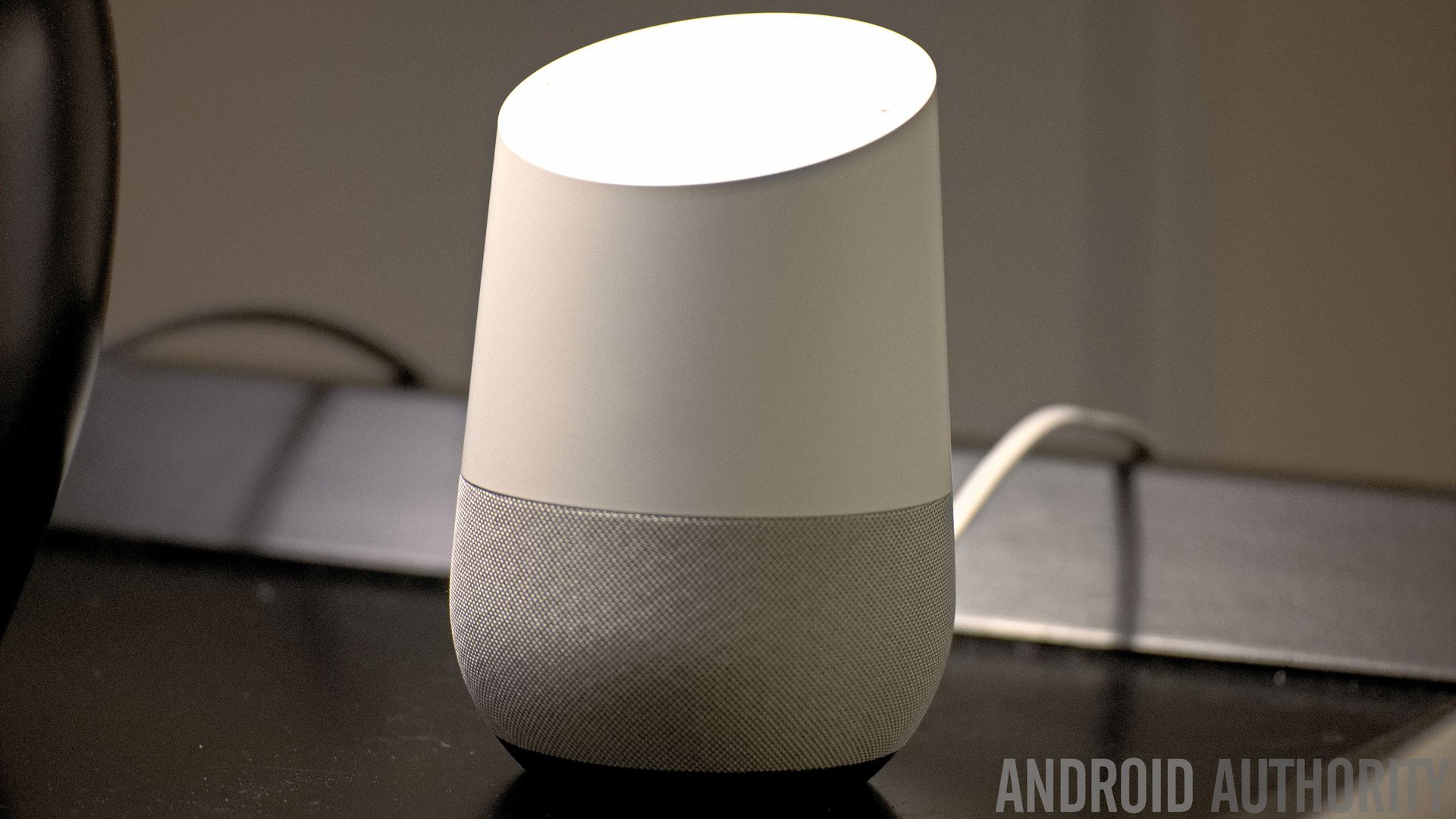Affiliate links on Android Authority may earn us a commission. Learn more.
Google Home adds support for Belkin Wemo and Honeywell smart devices

Google Home, the company’s Amazon Echo competitor, is constantly gaining additional support for more and more connected products. Today, the company has announced that support for Belkin Wemo and Honeywell has been added to Google Home.

Belkin Wemo has smart lighting and outlet devices, and now they are available to control by talking to the Google Home speaker. Google says the speaker can even tell you if you have left the lights on downstairs. Honeywell’s smart devices include security and thermostat products, and they can also be controlled by chatting with the Google Home speaker. For example, you can just say, “Ok Google, reduce the temperature in the bedroom”, and it will connect to the Honeywell thermostat and order it to complete that task.
This shows that more support for Google Home by third-parties continues at a solid pace, as more and more smart devices can now be controlled by the speaker. Google will definitely need to keep that pace up if the speaker has any chance of competing with the Amazon Echo family, which has a huge head start. A recent analyst report claims that combined sales of Amazon Echo and Google Home will exceed 24 million units in 2017.
The company also confirmed today that its Pixel and Pixel XL phones will soon have the ability to control smart home devices, via Google Assistant. There’s no word yet on a specific date for when this support will be added, but we would imagine it’s going to be very soon. This will likely also be important for Google Assistant as a whole. If more and more devices start the AI assistant, that also means more smart products can be accessible by a wider range of phones. Since Amazon doesn’t sell its own phones (anymore) that could give an edge to Google in this interesting AI market race.
Next: Google Home review